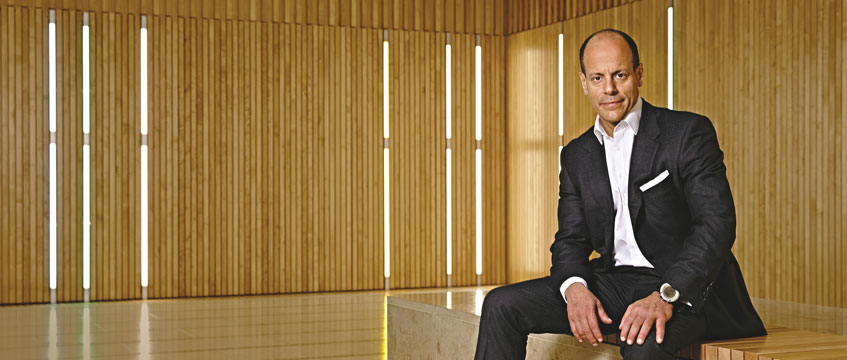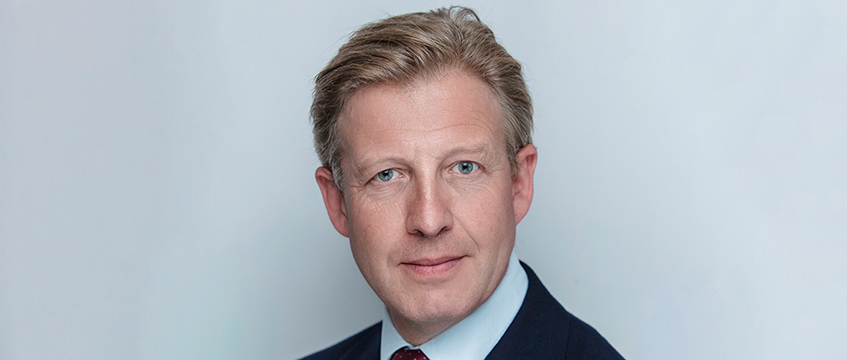At its Capital Markets Day conference in Utrecht at the beginning of December, Dutch shopping centre investor Corio announced plans to divest about 20% of its €1.4bn portfolio.
Among the assets on the disposal list will be retail centres that do not fit with Corio’s new strategy of “favourite meeting places”. The company also aims to cut its dividend to between 80% and 90% of its total direct result.
Analysts at JP Morgan Cazenove said that they welcomed the strategy update because a dividend cut was widely expected by the market, although the asset sales announced are occurring too late to be completed easily at book value. JP Morgan’s EMEA equity research subsidiary said that Corio’s strategy update did not constitute a “big bang”.
Following the announcement, Corio sold five properties for a total of €118.2m in January 2013.
Syntrus Achmea grabs Dutch assets
The assets included three retail properties in the Netherlands as well as one retail and one office property in France. Utrecht-based pensions and asset management company Syntrus Achmea acquired the Dutch assets, which included the 8,900 m2 Nesselande in Rotterdam, the 7,800 m2 Getsewoud in Nieuw Vennep and the 5,500 m2 Parkwijk in Utrecht.
In France, Corio sold retail property La Croix Blanche in Saint Geneviève des Bois, which provides 6,600 m2 of lettable space, and office building Clair de Ville in Rueil Malmaison, comprising 10,600 m2.
Corio manages a €7.3bn portfolio and has €1.9bn in the pipeline as of August 2012.
The company does not expect the portfolio to expand significantly. The company’s CEO, Gerard Groener, says: “We do not anticipate doing any acquisitions at this time. Current leverage is about 40% and issuing shares is too expensive because the company is trading at a considerable discount.”
Of the firm’s sales strategy, Groener says that Corio sold properties worth around €400m in 2012. The company plans to dispose of about €1.4bn of its portfolio over the next three to four years. Among the malls sold will be pure convenience malls, mono-culture centres such as furniture-only malls, and factory outlets, explains Groener. Potential buyers for the larger properties are, according to Groener, German funds, insurers and large Dutch funds, while smaller assets could be snapped up by private individuals or owner-occupiers.
Current plans include raising funds for the pipeline and reducing the company’s leverage. Corio is planning to spend the next three to three-and-a-half years working on its existing portfolio.
This includes applying the favourite meeting place strategy, which involves six criteria. These, on which the marketing programme is based, are location, local connection, partnership development, enhanced communication, customisation through loyalty schemes and involving the community through social, economic and cultural dynamics.
The location criterion is crucial. Groener says: “If the location is not right, you do not need to bother.” Ideally the mall should be located “downtown near transport hubs or in the heart of a community”, he adds.
Furthermore, Corio wants the centre management to become engaged with the local community. “The centre manager should not only shake hands with the tenants but also with the neighbours, such as authorities or schools, that lie in the catchment area,” explains Groener.
An example of the concept is the shopping centre Gran Turia, located in the Spanish town Xirivella near Valencia. As the region is struggling with high unemployment, the mall management organised a successful two-day job fair together with the town hall of Xirivella and the community of stakeholders in Gran Turia.
Clearly, not all of Corio’s portfolio malls can be transformed into favourite meeting places. “Some centres are not suitable for this concept,” explains Groener. Hence the planned sale of unsuitable malls, defined as “traditional retail centres”, over the next two to three years.
But among the top ten centres by value in the portfolio are, according to Corio, Rome’s Porta di Roma, Utrecht’s Hoog Catharijne, Marseille’s Grand Littoral, Turin’s Shopville Le Gru, the Grand Place in Grenoble, Campania in Marcianise, Alexandrium in Rotterdam, Forum Duisburg and City Placa in Nieuwegein as well as Centrum Galerie in Dresden.
Groener says that the Spanish market is very challenging at the moment. Half of Corio’s portfolio in the country is located in larger cities such as Madrid and Valencia and is performing well, whereas the other half is going through a challenging period.
In Italy, on the other hand, the quality of the portfolio allows for further growth, says Groener. The company also owns shopping centres in Turkey and last year started developing another retail scheme in the country.
In Germany Corio has a mall in Berlin in the pipeline as well as plans for another German development. Its proposals are currently a closely guarded secret because the company is in the process of assembling land for the project.
www.corio-eu.com










